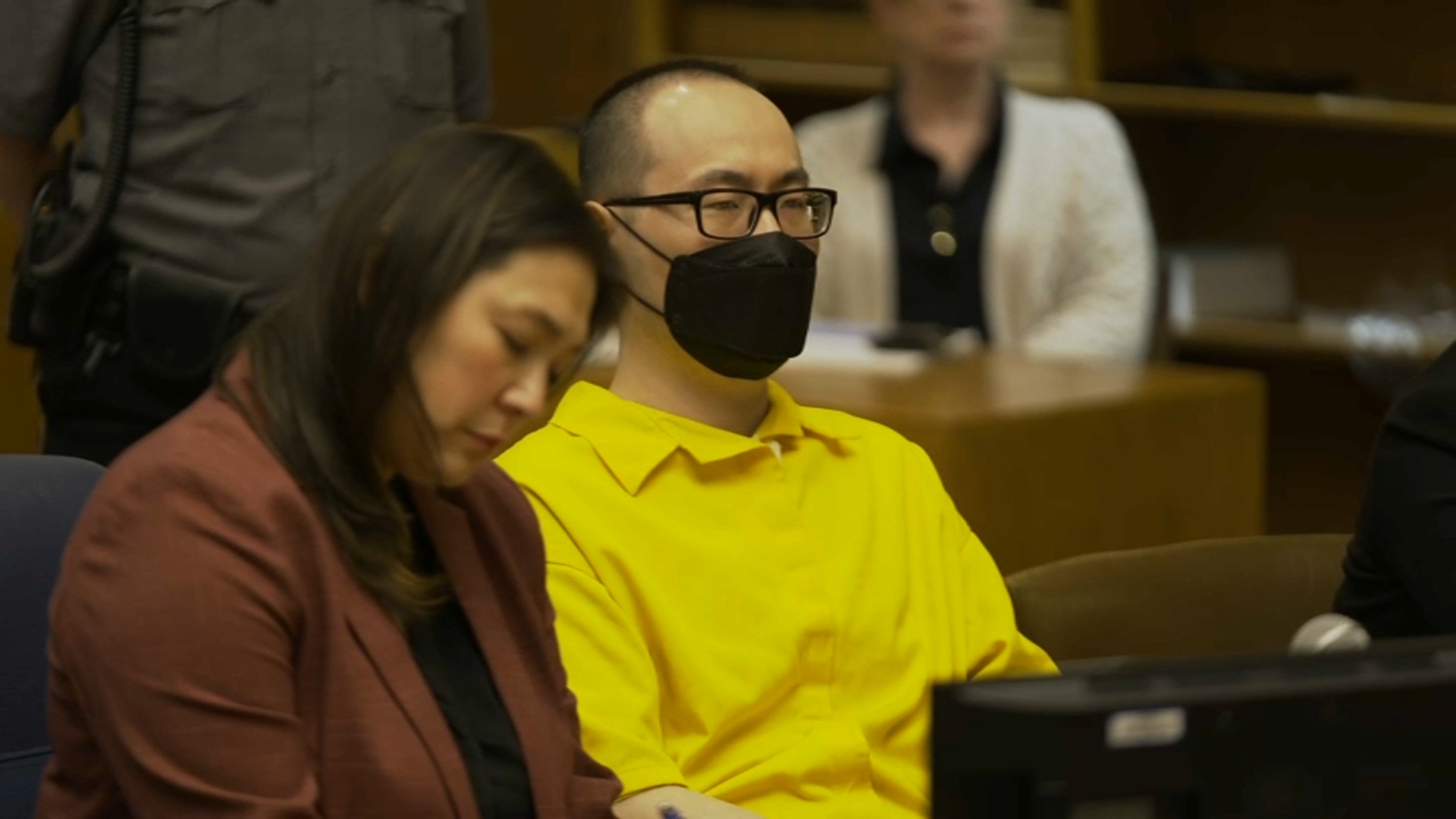There is no estimate on how much it will cost to clean the Farmington River after thousands of gallons of hazardous firefighting foam leaked from a hangar at Bradley International Airport, and as efforts continue leaders and lawmakers are calling for action to get rid of the dangerous chemicals used in the foam.
“We need our legislative delegation at the state level and the federal level to get on this issue. We want to get our river back up and running,” said Windsor Mayor Donald Trinks.
It has been nearly two weeks since the spill, which prompted an advisory urging the public not to touch the foam or take fish from the river. The Department of Public Health says the river is now safe to be in but that you should avoid fishing or eating anything that comes from it.
Friday lawmakers and leaders called for action at a meeting in Windsor.
“It’s just heartbreaking that this preventable, unnecessary source of contamination has occurred that will take decades and decades to clean up,” said Anne Hulick, the Connecticut director for Clean Water Action.
“This type of contamination is completely avoidable. This is proof that PFAS chemicals are present in our airports,” said Louis Rosado Burch of the Citizens Campaign for the Environment.
Local
Sen. Richard Blumenthal (D-Connecticut) introduced legislation that would designate PFAS chemicals contained in the firefighting foam as a hazardous substance, which would then make the river eligible for superfund relief assistance.
“This kind of truly hazardous and dangerous substance should be taken out of fire departments across Connecticut, at airports and communities and funding should be available,” Blumenthal said.
The PFAS can have potential health risks ranging from cancer to reproductive challenges and kidney damage, prompting the Department of Health to continue to advice everyone to refrain from fishing or eating anything that comes from the river.
The Connecticut Airport Authority released a statement that reads, in part:
“After the recent release, we issued notice to all tenants with PFAS foams in their hangars requiring that they respond to us with the steps that they are taking and will take to prevent any future release. We have completed our assessment of tenant facilities, and we are in the process of completing temporary mitigation action. Several tenants have systems in place to retain any foam that is discharged so it can be properly disposed afterwards.”
The PFAS chemical is particularly concerning to environmental leaders.
"These chemicals are forever chemicals. They’re called that because they don’t break down in the environment," Hulick said. "They travel, they migrate. They get into groundwater and drinking water sources across the country."
State Representative Jane Garibay (D-Windsor) said leaders in the Windsor and Windsor Locks communities are planning an informational meeting to take place in the next week or so for anyone looking for information about the latest status on the river.



